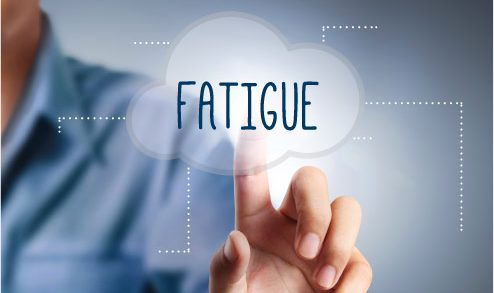Maritime New Zealand issued an infographic, focusing on seafarers’ fatigue, as the root cause of many marine accidents. A number of things can lead to fatigue, including long or irregular work hours, sleep disruption, extreme environmental conditions, physical and mental work demands, and stress.
Under the Health and Safety at Work Act 2015, all crew must take reasonable care to ensure that nothing they do on board harms themselves or any other person. Both operators and skippers must make sure the vessel is safe and involve the entire crew in managing any risks.

Tips for managing fatigue Napping helps manage fatigue when you are short of sleep. Best napping times are mid-afternoon and after 9.00 pm. About every 90 minutes during sleep, you cycle through lighter sleep, deeper sleep and dreaming. Waking from deep sleep leaves you groggy (sleep inertia). To minimise sleep inertia allow yourself either 30-40 minutes for a nap, or about 2 hours, or about 3.5 hours. A cell phone or alarm clock can be used to time the nap. The sleeping environment (at work and at home) has a large effect on the quality of your sleep. Poor-quality sleep does not restore you as well, so putting effort into the sleeping environment is worthwhile. A master or skipper must report any accident, incident or serious harm injury under section 31 of the Maritime Transport Act 1994. This applies to all New Zealand vessels. You must report an accident “as soon as practicable”. This means as soon as you are able to do so after you have secured the safety of people, your boat and the environment, and when you have communication available. Sometimes people are concerned that reporting an accident or incident to MNZ will result in prosecution. In exceptional circumstances, MNZ may use the information provided to support an investigation, however this is very rarely the case.































































